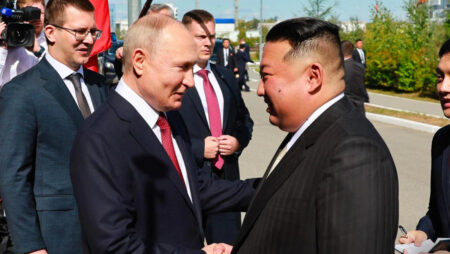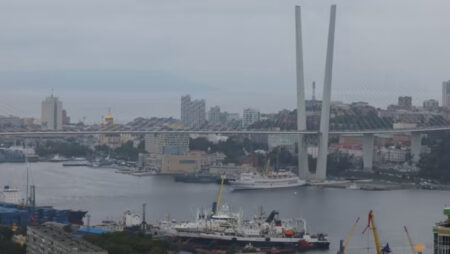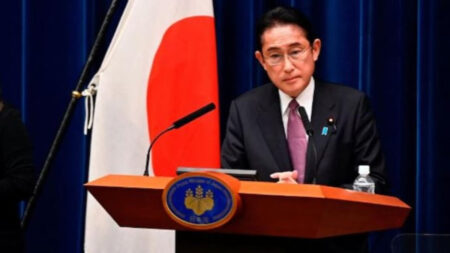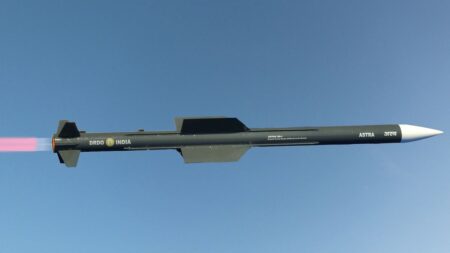Sri Lanka’s parliament authorized a state of emergency imposed by President Gotabaya Rajapaksa on August 30, 2021, citing the need to control food prices and prevent stockpiling in the face of shortages of some necessities.
Authorities can hold people without warrants, confiscate property, enter and search any location, suspend laws, and issue directives that cannot be challenged in court under the emergency law. Officials who give such messages are not subject to legal action.
President Rajapaksa’s Proclamation on the Emergency Regulations for the Supply of Essential Foods was passed by Parliament on Monday.
Several issues about the measures’ legal scope and possible influence on the country’s more significant economic crisis, which has been going on for two years, have arisen in the week since they were issued.
According to the Presidential Media Division statement, President Rajapaksa has chosen Major General N.D.S.P. Niwunhella as the Commissioner General of Vital Services to coordinate and guarantee that people have access to essential goods.
Is this anything that has happened before?
After the 1983 ‘Black July’ riots, the post rose to prominence to ensure that impacted families – Tamils who were targeted and attacked — got food and other basics, eased their mobility, and returned to their homes.
According to its statement, Austin Fernando, a senior government official who served as the Commissioner General of Essential Services in the 1980s.
What is the government’s stance on the issue?
In a statement, the administration denied reports of food shortages, claiming that dealers are creating false needs.
The reduction in the country’s foreign reserves was attributable to the settlement of $ 2 billion worth of sovereign bonds last year, according to the statement.
Reserves have since risen to $ 3.8 billion, according to the report. It stated that if Sri Lanka took advantage of a $1.5 billion exchange offered by the People’s Bank of China, reserves would rise to $5.3 billion while maintaining silence on upcoming foreign debt service deadlines.
Criticism of the Move:
- Given the current administration’s proclivity for suffocating dissent, emergency laws could be used to suppress protests and other democratic actions.
- Sri Lanka lacks a universal public distribution system or ration cards to ensure that essential items are distributed to all consumers.
- Current restrictions fail to address the country’s fundamental economic challenge and instead risk creating a black market.
- Concerns have been raised over the militarization of state institutions.
Factors Responsible for Sri Lankan Economic Crisis:
o Underperforming Tourism Business: The coronavirus epidemic has wreaked havoc on the tourism industry, accounting for about 10% of the country’s G.D.P. and generating foreign cash.
• As a result, foreign exchange reserves have plummeted from over $7.5 billion in 2019 to roughly $2.8 billion in July 2021.
o Depreciating Currency: As the supply of foreign cash has dried up, the amount of money Sri Lankans have had to spend to buy the foreign exchange required to import products has increased.
• As a result, the value of the Sri Lankan rupee has fallen by roughly 8% so far this year.
Measures Taken Under Emergency Crisis:
- The government can impose retail pricing for vital food goods and seize traders’ stocks under emergency laws.
- Authorities can hold people without warrants, confiscate property, enter and search any location, suspend laws, and issue orders that cannot be challenged in court under the emergency law.
- In addition, officials who issue such directives are immune from legal action.
- The military will oversee the action, which provides officials with authority to ensure that critical commodities are sold at government-set prices.












